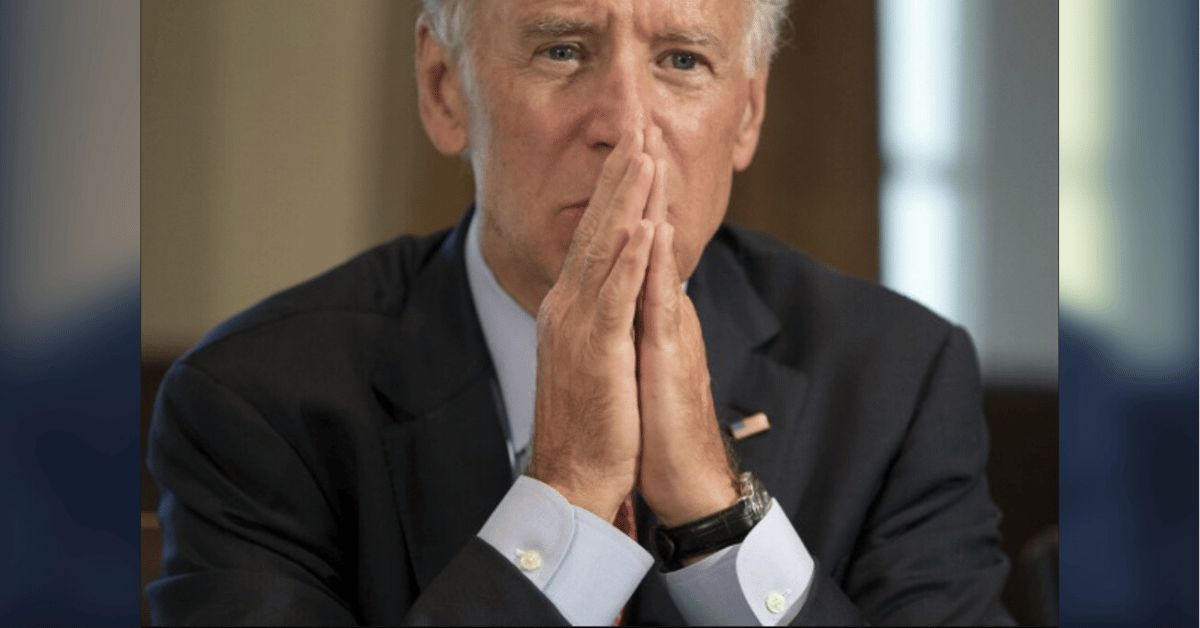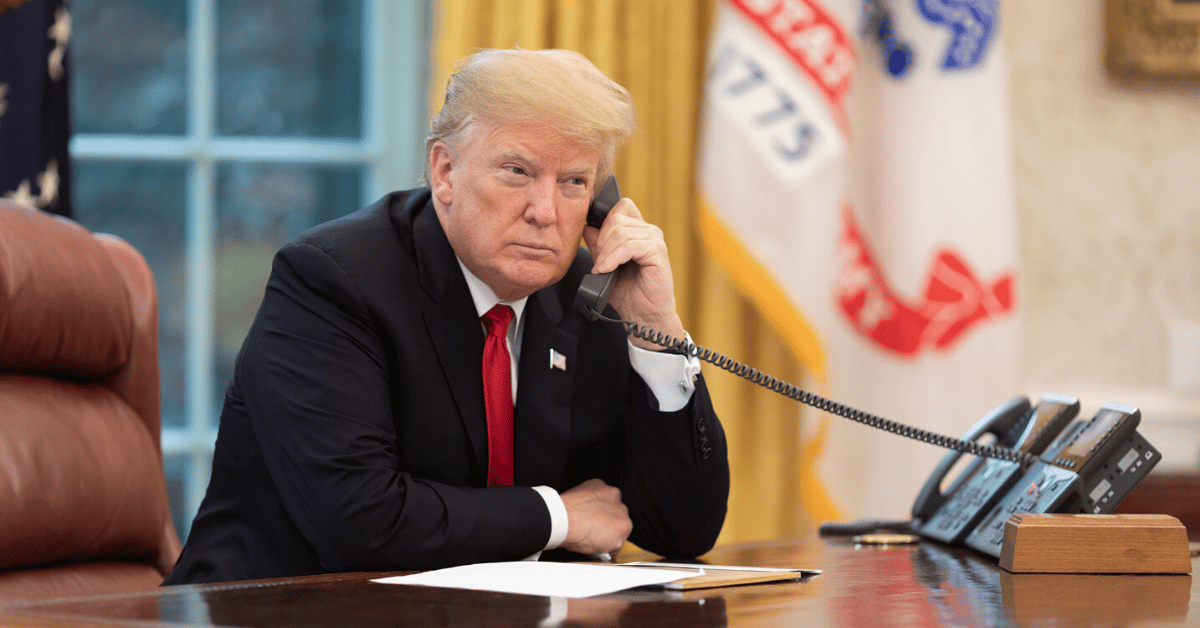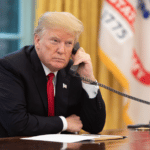



A recent discovery involving an upside-down U.S. flag at Supreme Court Justice Samuel Alito’s residence has sparked a heated debate over his participation in cases related to the 2020 election.
CNBC reported that calls for Justice Samuel Alito to step down from election-related cases have intensified following the flag incident outside his home, highlighting concerns over his impartiality.
The controversy began when it was reported that an upside-down U.S. flag was displayed outside Justice Alito’s home in Virginia on January 17, 2021. This occurred just days before President Joe Biden was set to take office on January 20.
In U.S. tradition, an upside-down flag is a universal signal of distress, according to the U.S. Flag Code. However, this specific display has been linked to potential political bias.
Senator Dick Durbin, Chairman of the Senate Judiciary Committee, has voiced significant concerns regarding this. He noted that flying an upside-down flag could be perceived as aligning with the contentious "Stop the Steal" movement.
Durbin emphatically stated that this act "clearly creates the appearance of bias," urging Justice Alito to recuse himself from ongoing Supreme Court cases involving election issues and claims of presidential immunity by Donald Trump.
These cases include a significant lawsuit, U.S. v. Donald Trump, which the Supreme Court heard in late April 2024. This particular suit deals with the former president’s claim to immunity, placing the Supreme Court at the center of current political discourse.
In response to the unfolding situation, Noah Bookbinder, President of Citizens for Responsibility and Ethics in Washington (CREW), commented on the ethical implications. He suggested that the incident "calls into question Justice Alito’s objectivity" in handling cases like Trump v. Anderson. Bookbinder stressed, "Justices are supposed to avoid even the appearance of bias," emphasizing the prolonged presence of the flag.
Adding another layer to the discussion, Justice Alito clarified that he was not directly involved in the flag incident.
He attributed the act to his wife, Mrs. Alito, who he claimed was responding to a "neighborly dispute" involving the use of offensive and targeting language on yard signs by their neighbors.
Further details were provided by Fox News host Shannon Bream, who reported that the dispute escalated as neighbors became more vocally critical.
According to Bream, the situation intensified when a neighbor directly blamed Mrs. Alito for the unfortunate events of January 6, leading to a verbal confrontation that resulted in the temporary display of the upside-down flag by Mrs. Alito, a gesture made in distress.
The reaction from the White House was measured, with Press Secretary Karine Jean-Pierre commenting on the broader significance of the American flag.
While she did not specifically comment on Alito's situation, she underlined that President Biden considers the flag to be "sacred" and a symbol deserving the utmost respect in honor of the sacrifices made by American servicemen and women through generations.
This incident has not merely stirred a political debate but has encouraged a broader conversation about the symbolism of the American flag and its implications in times of political turmoil.
The Supreme Court has yet to respond formally to the calls for Justice Alito’s recusal. Meanwhile, the legal community and the public continue to watch closely, understanding that the outcome could have significant implications for judicial standards and the perception of impartiality in the highest court of the United States.
In conclusion, the incident involving the upside-down flag at Justice Samuel Alito’s residence has prompted debates concerning judicial ethics and the importance of neutrality in the judiciary.
The calls for his recusal by members of the Senate Judiciary Committee, the critical commentary by ethics organization CREW, and discussions around the symbolism associated with the American flag all converge on the vital issue of public trust in judicial impartiality. As the story develops, its outcomes may bear significant influence on public perception and the ethical standards upheld within the U.S. judiciary system.



